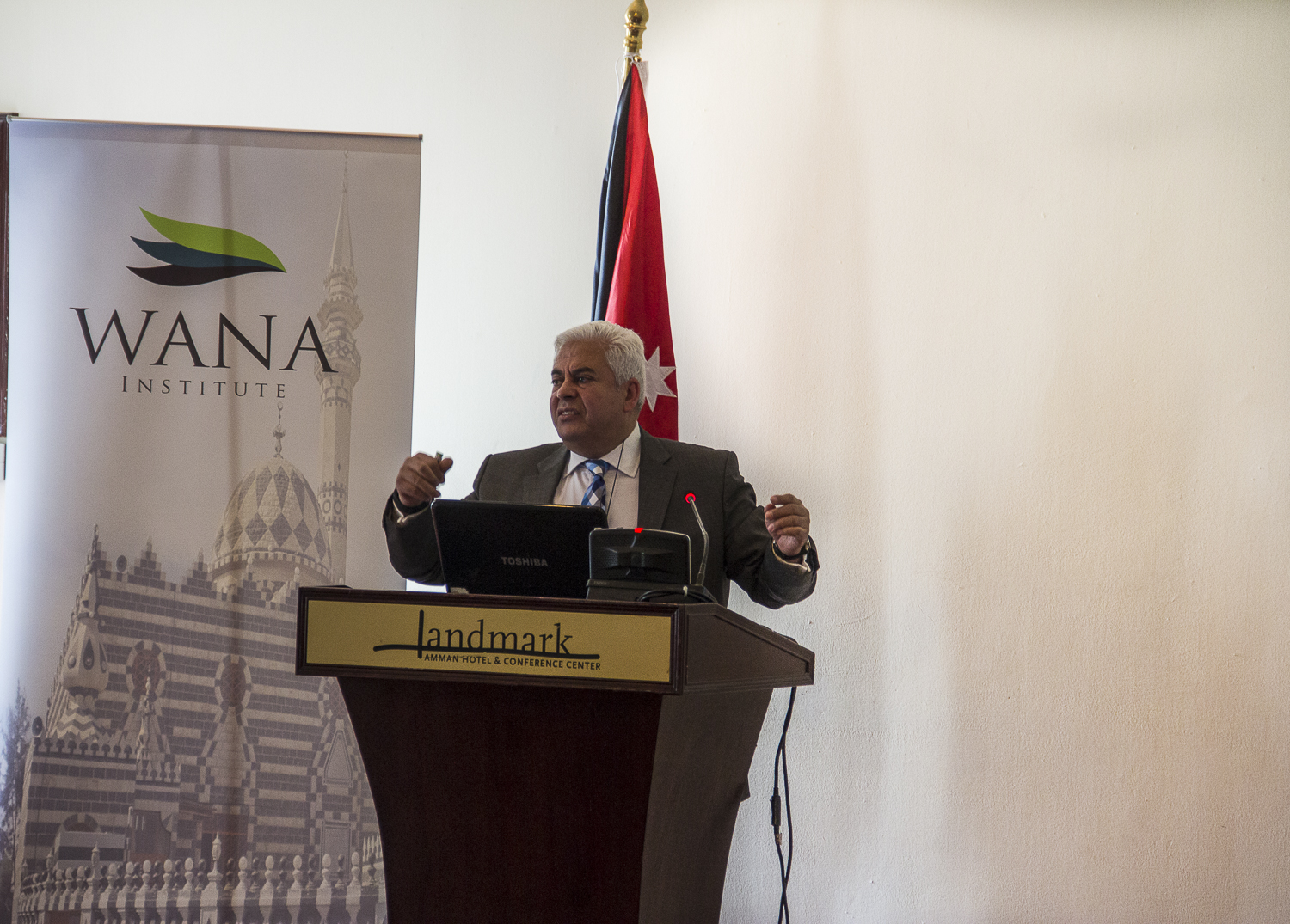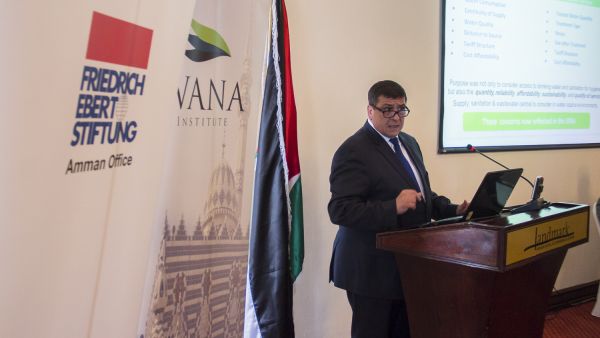Despite its location in a hotspot of crisis in the region, Jordan is pushing towards progress in achieving its Sustainable Development Goals ahead of 2030.
Just last week at a conference hosted by the WANA institute and Friedrich Ebert Stiftung, over 50 experts from across the Middle East gathered to discuss progress towards the SDGs, in Jordan and in the wider region.
These experts highlighted the need for greater localization of the goals, increased involvement of Civil Society and an increase in funding as key priority areas in order for Jordan to progress.

(File/Photo Mo'taz Sulaiman)
‘Strengthening the internal narrative’
As Dr Saidam, Chief Scientist at the Royal Scientific Society in Jordan identified in his opening speech, ‘It is important for us to have terminology in Arabic for goals we wish to achieve both locally and regionally’.
The SDG’s are global and broad in scope, making it the responsibility of each country to individually align the goals with national interests and country context.
‘Today I was asked to present in Arabic’, Dr Saidam continues, highlighting that this is a challenge for him in a field which is dominated by the English language.
Localization is a challenge which can begin with language, but stretches also to engaging local scientists and encouraging national dialogue. Encouraging dialogue nationally, in the local language will promote understanding of issues which are relevant to the people whom they serve.
Dr Saidam also brought to attention the importance of engaging with youth in Jordan, acknowledging that the SDGs are a long term goal which can only be realised with the involvement of a new generation of scientists and policy makers.

(File/Motaz Sulaiman)
Greater Involvement of Civil Society
The need to involve civil society organisations (CSOs) within the realisation of the SDGs in Jordan was also a key finding of the experts. There are currently 3,800 licensed CSOs operating in Jordan, but only a fraction of these are thought to be working in the proper manner with visible monitoring and evaluation methods in place.
Omar Shoshan is chairman of the Jordan Federation of Environmental NGOs in Jordan. He believes that the SDGs suffer a lack of local and contextual knowledge, something which greater involvement of CSOs can help to resolve. Mr Shoshan identified one key barrier to the involvement of CSOs to be the difficulty in obtaining funding, which he attributed to stringent procedures in international funding applications.
Financial Limitations
Jordan is under huge economic pressure due to it’s location in an unstable region. Mr Zaid Obaidat, Director of Development and Planning in Jordan placed the number of Syrians currently seeking refuge in Jordan at 1.3 million.
‘They are our brothers and we welcome them here’, he continued, ‘however this was not taken into consideration when the SDG goals were set, as a result of the huge influx of people into the country more funding is needed if we are to continue our progress in achieving our development goals’.
Fighting against the current
Despite these challenges, Jordan continues to perform well comparatively with the rest of the region.

According to the World Bank, Jordan emits some of the lowest CO2 emissions in the MENA region.

Similarly in regards to renewable energy efforts, Jordan holds a high final score of 66%, coming second only to Morocco.
The Middle East is going through a tough period of turmoil, and the future of the entire region is uncertain. Despite external pressures and challenges, Jordan is maintaining peace and stability well, as well as so generously offering those who have fled war and persecution a second chance at life.
Supporting Jordan’s efforts in development is necessary, as is congratulating the work of organisations such as the WANA institute, who are instrumental in creating a platform for actors to come together and provide solutions from within.
Sahar Esfandiari






